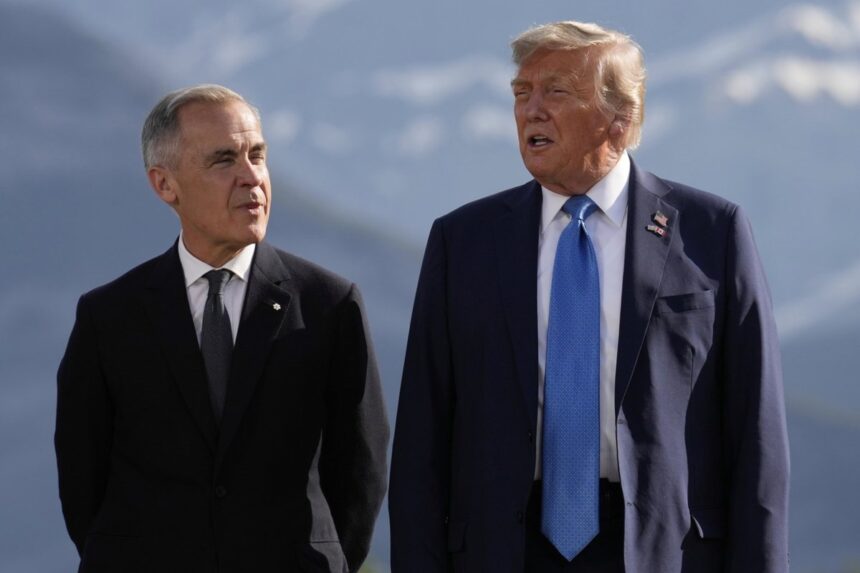In a significant policy reversal that has sent ripples through both tech and diplomatic circles, Canada announced yesterday it would temporarily withdraw its controversial Digital Services Tax (DST) legislation. The decision comes after mounting pressure from Washington and signals a renewed effort to negotiate a multilateral solution to the thorny issue of taxing digital giants.
“We’ve agreed to pause implementation while meaningful discussions resume,” said Finance Minister Chrystia Freeland in a statement that carefully balanced Canadian sovereignty with pragmatic diplomacy. “This is not abandonment of our principles, but recognition that a coordinated global approach ultimately serves Canadian interests better than unilateral action.”
The DST, which would have imposed a 3% tax on revenue generated in Canada by major tech companies like Google, Amazon, and Facebook, had become a flashpoint in Canada-US relations. The Biden administration had characterized the tax as discriminatory against American companies and threatened retaliatory tariffs that economic analysts estimated could cost Canadian exporters billions.
Trade experts suggest the withdrawal represents smart strategic thinking rather than capitulation. “Canada isn’t surrendering its taxation rights,” explains Dr. Helena Moreau, economics professor at the University of Toronto. “They’re leveraging the threat of implementation to gain concessions at the negotiating table while avoiding a potentially damaging trade dispute.”
The Canadian business community had expressed mixed reactions to the original DST proposal. Technology innovation groups had warned the tax could chill investment, while traditional retailers welcomed measures to level the playing field with digital competitors who they argued enjoyed unfair tax advantages.
Behind the scenes, the pause appears connected to ongoing work at the OECD, where 140 countries have been attempting to create a harmonized approach to digital taxation. Sources within Canadian political circles indicate that recent progress in these talks provided the diplomatic opening for yesterday’s announcement.
For ordinary Canadians, the immediate impact remains minimal, though the long-term implications for both government revenue and digital services pricing remain significant questions. The Finance Department estimates the DST would have generated approximately $4.2 billion over five years – funds now contingent on successful international negotiations.
The United States welcomed Canada’s decision, with Trade Representative Katherine Tai calling it “a constructive step toward addressing our shared challenges in a manner that respects existing trade obligations.”
The temporary withdrawal includes one critical condition: if international talks fail to produce an acceptable framework by December 31, 2024, Canada reserves the right to implement its DST retroactively to January 2022 – essentially creating a powerful incentive for good-faith negotiations.
As digital commerce continues reshaping the global economy, how nations fairly tax these borderless businesses remains one of the most complex challenges facing governments worldwide. The Canadian reversal demonstrates both the difficulties in addressing this issue unilaterally and the delicate balance between national fiscal sovereignty and international economic relationships.
As negotiations resume, a pressing question emerges: can the global community finally establish a taxation framework that fairly captures revenue from digital giants without triggering protectionist responses that ultimately harm consumers and businesses alike?











